Stop me if you’ve heard it before: an alternate timeline, a future government where things are not quite right, and a young hero who rises to the challenge to change the world. Whether that future societal structure is desirable or not, there is always something that upsets the world order (or lack of order), and the protagonist becomes the catalyst of that. A steady trend of young adult blockbusters today is all about what happens in a world that’s not quite like our own but where current themes of society still remain. If there’s one thing that the success of Suzanne Collins’ The Hunger Games has proven, it’s that audiences everywhere—the youth or not—have a taste for the post-apocalyptic, and that the lessons we can learn from them are applicable even today.
1.You have a voice.
When Lois Lowry introduced the dystopian Young Adult (YA) story to the world, plenty of authors followed suit. The Giver presents a false utopia where the world seems perfect at first, but then Jonas and the readers begin to realize that things aren’t quite as “sunshine and daisies” as they seem (hence, the loss of innocence so common in YA novels).
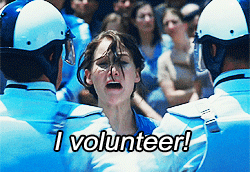 Because of this realization, the young heroes’ resilience and survival instincts are tested, often to combat societal conformity and government control, like Katniss Everdeen from The Hunger Games. “The YA novel, with its questioning of social institutions and how they construct individuals, was not possible until the Post-Modern era influenced authors to explore what it means if we define people as socially constructed subjects rather than self-contained individuals bound by their identities,” says Roberta Trites, author of Disturbing the Universe: Power and Repression in Adolescent Literature. In stories like these, we learn that we are not puppets with dull minds and no individuality. We have a voice, and we must not be afraid to use it.
Because of this realization, the young heroes’ resilience and survival instincts are tested, often to combat societal conformity and government control, like Katniss Everdeen from The Hunger Games. “The YA novel, with its questioning of social institutions and how they construct individuals, was not possible until the Post-Modern era influenced authors to explore what it means if we define people as socially constructed subjects rather than self-contained individuals bound by their identities,” says Roberta Trites, author of Disturbing the Universe: Power and Repression in Adolescent Literature. In stories like these, we learn that we are not puppets with dull minds and no individuality. We have a voice, and we must not be afraid to use it.
2. Change is good.
In dystopias like The Giver, Jonas has to deal with a world where everything is in perfect uniformity, and the government is doing everything in its power to keep that mindless unification—even colors have been removed because equality is everything. While it’s good to have equality on some level—like when it comes to gender, race and social status—total unity is not even remotely possible. A government where even rights are taken away is tyranny. We learn that change is good, uniqueness is good, and being our own special and weird selves is part of who we are as a person. Nobody can stifle that or take that away.
2. Unity is good, too.
 While too much uniformity is evil, just like we said it was, just the right amount of unity can make this world a much better place to live in. In the Divergent series by Veronica Roth, the government uses division to make boundaries between its citizens and sow seeds of dissent among groups to keep them from banding together. For instance, even if the Capitol is doing everything in its power to literally create barriers among its citizens to keep them afraid and alone in The Hunger Games, we can learn that no person is too small to contribute something and fight authority and oppression if only we work together. Some form of unity is required in order for a proper society to function, so a good balance between individuality and unity is needed.
While too much uniformity is evil, just like we said it was, just the right amount of unity can make this world a much better place to live in. In the Divergent series by Veronica Roth, the government uses division to make boundaries between its citizens and sow seeds of dissent among groups to keep them from banding together. For instance, even if the Capitol is doing everything in its power to literally create barriers among its citizens to keep them afraid and alone in The Hunger Games, we can learn that no person is too small to contribute something and fight authority and oppression if only we work together. Some form of unity is required in order for a proper society to function, so a good balance between individuality and unity is needed.
3. It’s okay to not be perfect all the time.
Our tumultuous teenage years are all about identity crises. It’s during these young years that we feel like we’re coming undone most of the time, and the emotional rollercoaster that we are on is something that we wish other people could relate to. In most post-apocalyptic YA fiction, we are delighted to find that despite the bigger things going on around them, the heroes are always still experiencing some form of inner turmoil. It’s easy to relate to these characters for young adults and adults alike because we think, “The world may be falling apart outside, but I’m falling apart inside, too.”
The beautiful thing about these blockbusters is that the illusion of a perfect world where everything is hunky dory is a lie. There will always be a struggle, and even our heroes know that they are flawed, too. In The Maze Runner, Thomas may be selfless and incredibly clever, but he can be a hothead who makes rash decisions, and he has the tendency to hold grudges as well. In the main protagonists of these stories, we find that they always question their own morality and are quite torn when making important decisions. Do they have the best intentions, or are they doing things because society expects them to? These are one of the most relatable things in YA stories, and we can learn that we are free to make mistakes. Being perfect is not the be all and end all of our existence.
4. Protect the environment.
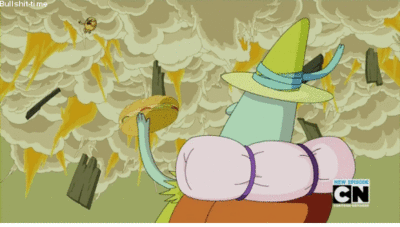 We all know it’s coming, but we’re somehow always neglectful of how much the environment is suffering. We’re oblivious and apathetic to the plight of Mother Earth, and just like in The Hunger Games, technology has corrupted the world so much that the main form of entertainment is a yearly tournament where children fight to the death. We’re slowly but surely screwing things up for the future generations because of our overconsumption and excessive pollution. Eventually, the barren post-apocalyptic lands in stories where food is rationed and water is scarce will become our very own story and our very own future. If we don’t want to end up living in these dystopian futures, then we should start getting our act together and cleaning up after ourselves. Nature is not an unlimited resource, and we are reaching critical levels of emptying her out.
We all know it’s coming, but we’re somehow always neglectful of how much the environment is suffering. We’re oblivious and apathetic to the plight of Mother Earth, and just like in The Hunger Games, technology has corrupted the world so much that the main form of entertainment is a yearly tournament where children fight to the death. We’re slowly but surely screwing things up for the future generations because of our overconsumption and excessive pollution. Eventually, the barren post-apocalyptic lands in stories where food is rationed and water is scarce will become our very own story and our very own future. If we don’t want to end up living in these dystopian futures, then we should start getting our act together and cleaning up after ourselves. Nature is not an unlimited resource, and we are reaching critical levels of emptying her out.
5. There is always hope.
No matter how bleak things look and how seemingly insurmountable the challenge is, Katniss, Tris, and Thomas all know that they should never lose hope. The world is harsh and difficult, but we can’t give up. Knowing that there is always light at the end of a tunnel is what makes the resilience of man remarkable.
6. You can’t go on without love.
Finally, the whole world may be crashing down around them, but protagonists in these post-apocalyptic movies all have one thing in common—they have love. Whether it’s tricky young love among the youth or deeper filial love for family members and friends, love is the main reason why heroes can keep going against all odds—and we can all relate to that.
*This article was first seen on The Philippine Online Chronicles HERE.

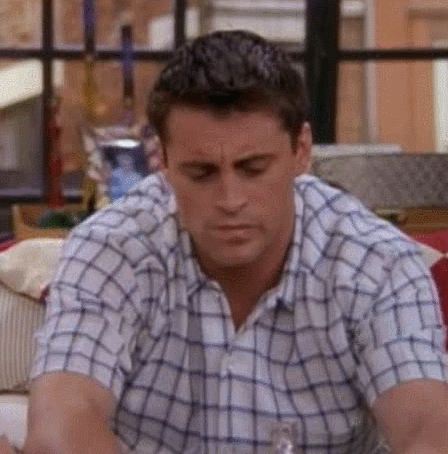
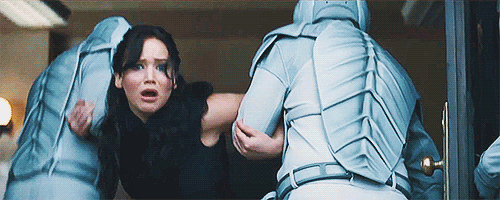

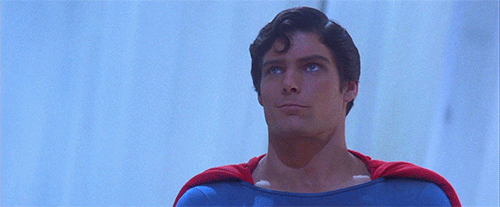
No comments:
Post a Comment
Something on your mind?:)